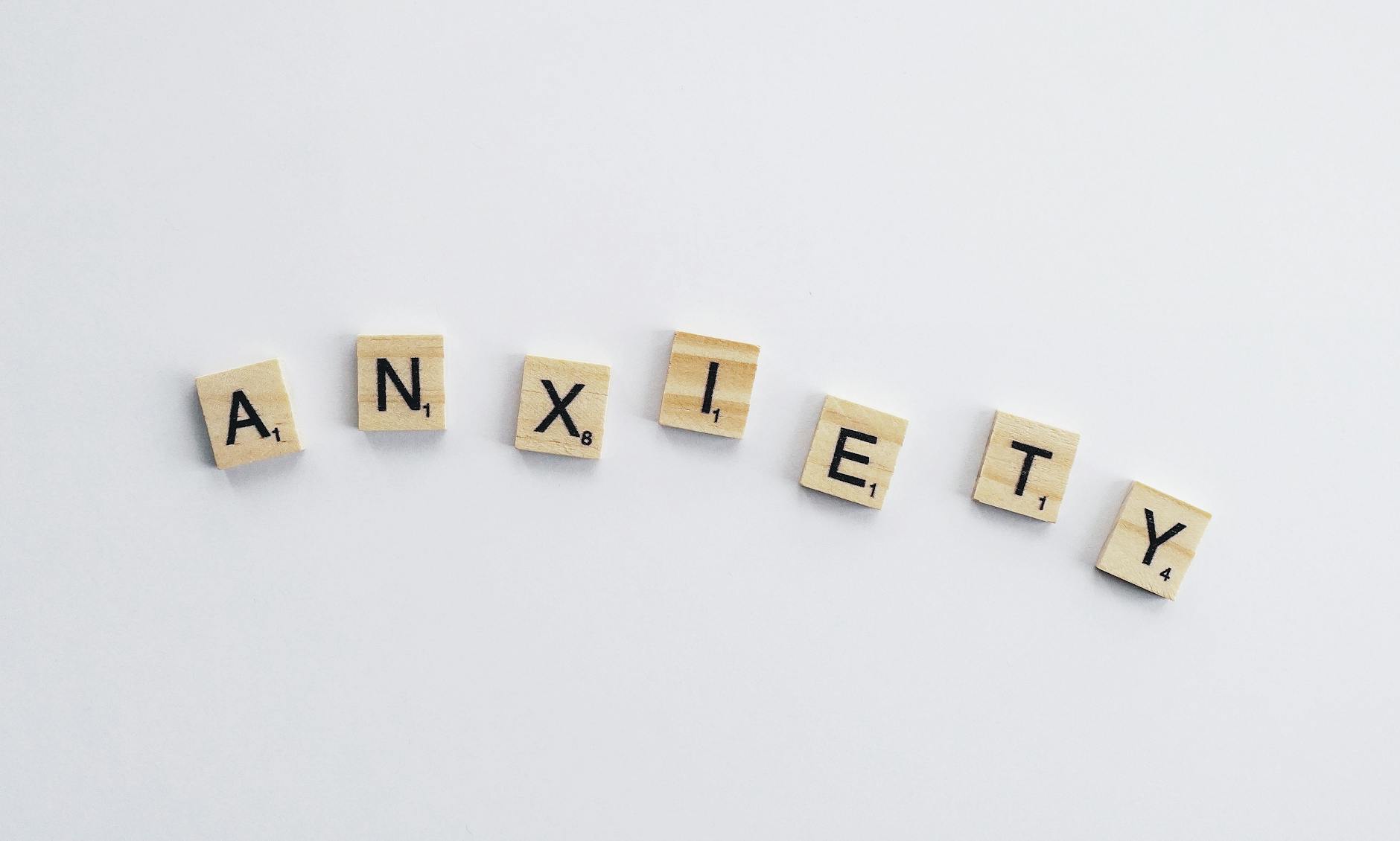
Decoding Anxiety: It’s More Than Just a Word
Understanding the different types of anxiety disorders and their impact.
We hear about anxiety all the time. It seems like everyone is feeling it these days. But what exactly is anxiety? It’s more than just feeling stressed or worried. Anxiety is a complex emotion that can manifest in many different ways, and for some, it can be debilitating.
The first step to understanding anxiety is recognizing that it comes in various forms.

Generalized Anxiety Disorder (GAD): This involves excessive and persistent worry about everyday things, often accompanied by physical symptoms like restlessness and fatigue.
Panic Disorder: Characterized by sudden and intense episodes of fear, known as panic attacks. These attacks can include heart palpitations, sweating, and a sense of impending doom.
Social Anxiety: This involves intense fear of social situations, often driven by a fear of judgment or embarrassment. Phobias: These are intense, irrational fears of specific objects or situations, such as spiders, heights, or flying.
Each type of anxiety disorder has its own unique set of symptoms, but they all share a common thread: intense and persistent fear or worry that interferes with daily life.
Why is it important to understand the different types of anxiety? Because knowledge is power. When we can identify the specific type of anxiety we’re experiencing, we can seek the most effective treatment and support. Whether it’s therapy, medication, or lifestyle changes, understanding the nuances of anxiety empowers us to take control and find our way to a calmer, more fulfilling life.
This is just the beginning of our exploration into the world of anxiety. In future posts, we’ll delve deeper into the causes, symptoms, and coping strategies for different anxiety disorders. Stay tuned!
Discover more from mindstrengthorg.in
Subscribe to get the latest posts sent to your email.

The Power of the Present Moment.
Why Staying Present is Crucial for Reducing Stress and Overthinking Anxiety is something we all encounter.
Read More
